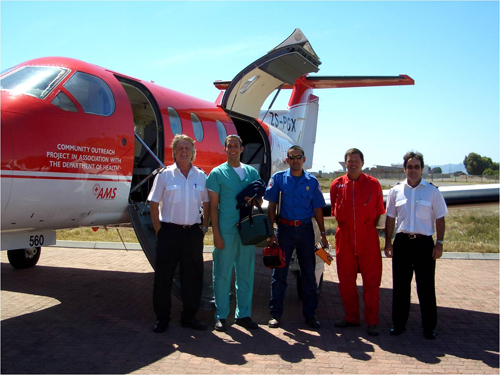Portland State students looking for jobs after graduation may not think to look outside of Oregon. They may even confine their queries to the West Coast. Other students will include the entire United States, but the intrepid few who look internationally may just find something more than a job; They may find life experience.
Help wanted: Considering jobs outside the US

Portland State students looking for jobs after graduation may not think to look outside of Oregon. They may even confine their queries to the West Coast. Other students will include the entire United States, but the intrepid few who look internationally may just find something more than a job; They may find life experience.
Mary Vance, a career counselor at PSU’s career center, has experienced working abroad and would recommend the work to anyone. Vance has always loved language and cultures and worked in the Peace Corps. In Granada, Spain, she taught Spanish and upon her return to the states, decided she wanted to teach English as a second language. After getting her master’s at Colombia, she moved to Germany to teach business English, working as a consultant for an electroplating company.
Teaching ESL is one of the most prevalent jobs for students going overseas, and Vance has seen culminating success stories, including that of a student from the Graduate School of Education: “She went to Korea, got a job teaching ESL, excelled and fell in love with it. She became the principal and asked me to do marketing for her school and the jobs she was seeking,” Vance said. She added that in a year that proved to be hard for most U.S. teachers, having a direct connection to a Korean school was a boon.
The Career Center’s extensive list of websites for students interested in jobs outside the U.S. may seem intimidating to some students. But the wealth of information available could lead students to opportunities they may not have known were available. According to Vance, some websites even have multiple job listings. “Dave’s ESL café for ESL jobs is really good for comprehensive listings,” Vance said.
Additionally, some international jobs don’t require fluency in the native language . “You just have to be interested in going abroad. And Transitions Abroad aggregates information from articles on certificates that may need to be achieved for these opportunities,” Vance said.
Teaching English as a second language or as a first language may require some background that can be gained through certification. According to Vance, there is a tremendous range in levels of certification, which vary from six-week classes to a year-long certificate. Students who wish to pursue teaching ESL/EFL as a profession could choose to complete a two-year master’s program. For others who may just want to go overseas, a bachelor’s degree in English may be sufficient. Much of the requirements and credentials depend on the development stage of the country.
Cody Showalter graduated from the University of Oregon in 2010 and has spent nearly two years teaching in South Korea. Both his work at the school and travel on breaks have changed his perspective. “It’s a great way to experience another culture and an excellent opportunity to live abroad, travel and meet interesting people from all over the world,” Showalter said.
Vance also noted that students seeking work outside the U.S. must be cautious and make sure that the employment program is reputable. Any program sponsored by the country’s government or the Council of International Exchange fits that category. Students still need work authorization from the country they plan on working in, and organizations like Bunac.org and CIE can help students get those authorizations.
Vance believes these steps are the best and safest ways to experience the world of international work. “In my experience I would really discourage students from working under the table; they’re so vulnerable. If you show up to work and don’t get paid, you have no redress,” said Vance.
One popular alternative to teaching ESL/EFL is through participating in one of the numerous volunteer programs, like the Worldwide Opportunities On Organic Farms, aka WWOOF. People who volunteer help gardeners on organic farms around the world. They are not paid for their work and they do not pay the hosts for their stay. The Peace Corps also provides other international opportunities for students.
Vance knows it is challenging and expensive for students to go abroad, but says there are resources that can help to reduce expenses. Meeting with a career counselor to find out what jobs, skills or work experience students are looking to gain is essential.
“The main thing I would say to students is if you possibly can, do it. Find a way go abroad. If you can find a job and go abroad that’s wonderful. There are resources and people who can help you at the university,” Vance said.






